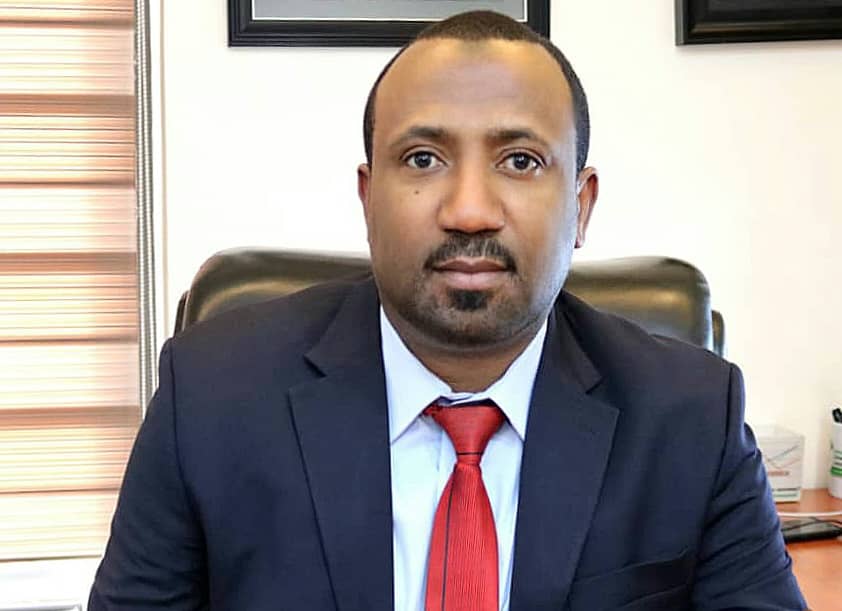By Umar Yakubu
“Fear of losing power corrupts those who wield it, and fear of the scourge of power corrupts those who are subject to it.” ― Aung San Suu Kyi
Based on documented history, the majority of citizens agree that public sector corruption is a bane to Nigeria’s progress. For decades, outsiders saw the nation as a haven for corrupt activities; news of corruption is sometimes the headliner. Though there are many good public servants, every public servant has been accused or seen as corrupt. It is usually shocking when you find a non-corrupt one. The norm is the opposite.
Regime after regime, every government tried to do something about it. In 1999, President Olusegun Obasanjo decided to provide a comprehensive legal and institutional framework for combating public sector corruption. He created the Independent Corrupt Practices and Other Related Offences Commission (ICPC) and the Economic and Financial Crimes Commission (EFCC).
As with everything, leadership matters. The quality of those at the helm determines the success or failure of any organization. Somehow, the leadership of the EFCC, whose Establishment Act was first enacted in 2002 and amended in 2004, decided to do the extraordinary by tackling public sector corruption and exceeding all known boundaries.
The pioneer chairman, Nuhu Ribadu, took the bar so high that it laid a problem for the Commission. The norm was to idle away and conform to the usual. He decided to do otherwise and was, of course, the first victim of the political system. Ribadu survived, and posterity has proved him right. In his words, corruption will always fight back. The political system recently claimed its recent victim, Abdulrasheed Bawa, the immediate past EFCC chairman.
Within the anti-corruption space, the Code of Conduct Bureau (CCB) has a bigger mandate of curbing public sector corruption. In the last eight years, to the chagrin of the people, the CCB has been dormant while appointees and other officials in charge remain unchecked in the over six hundred ministries, departments and agencies of the federal government.
Just a few factual examples: The Federal Capital Territory (FCT) has been run down, electricity has not radically improved, the public healthcare system is comatose, and the country still bleeds from wastage in the oil and gas sector. So far, there are no penalties for crass incompetence. The change of individuals that were part of the problem elicits hope that things will be better, though no agency has been investigated, nor anyone penalized.
In a recent BBC Hausa interview, I was asked why always the EFCC? My answer has not changed. I believe it’s the style of democracy that we have chosen to operate. The political system is just too attractive and too lucrative. Candidates need millions just to be a local government chairman, and billions to be governor and president, respectively. What legitimate business can shore up so much funds just to contest elections?
All the research on Nigeria’s electoral financing points to public sector corruption. Countering such falls within the realm of the EFCC, ICPC and CCB, and effectively combating it requires asphyxiating the political class. The oxygen for political aspiration and survival is too dependent on public funds. While others have decided to look away, that is the area where the EFCC has decided to swarm since 2004. Evidence shows that the agency is one of best federal institutions in terms of professionalism, efficiency and public trust.
Until the process of vying for political office is reformed by reducing expenses and the attraction is curbed, every Chairman will be brought down by the system whether they perform or underperform. Does the EFCC have its faults? Loads of them. There are reported cases of gross abuse of power, intimidation, connivance, and creating gateways for wanton extortions and rent-seeking. Though common with most law enforcement agencies worldwide, these issues should not be taken lightly as they have destroyed people, reputations, dignities, careers and businesses.
The political system has put the same undue pressure on the judiciary. Over 70% of our electoral matters are in the courts. I have heard judges assert that without the politicians, the integrity of the judiciary was intact. Politicians permeate the judiciary to strip it of its dignity and honour. Only when a politician was involved did the phrase “perpetual injunction” was heard in court. Politicians mastered the art of penetrating the judiciary by all means – especially through spouses.
Since our brand of democracy has come to stay, the solution to these problems heavily relies on the Independent National Electoral Commission (INEC). They are legally empowered and responsible for designing ways to minimize spending and eliminate moneybags. INEC, as the regulator, needs to outline and implement a system for political parties to execute actions that deemphasizes funds as the entry point for seeking office. That’s where all the problem starts.
Parties are loosely regulated with no penalties for infractions. INEC is mostly visible during electioneering and absent in core regulatory functions of the political system. They have done little to reduce corruption in our electoral systems. Until that is done, no EFCC Chair will survive, nor will the judiciary ever maintain its integrity and dignity.
Umar Yakubu writes from Center for Fiscal Transparency and serves on the United Nations Convention against Corruption Coalition Board

 Join Daily Trust WhatsApp Community For Quick Access To News and Happenings Around You.
Join Daily Trust WhatsApp Community For Quick Access To News and Happenings Around You.


